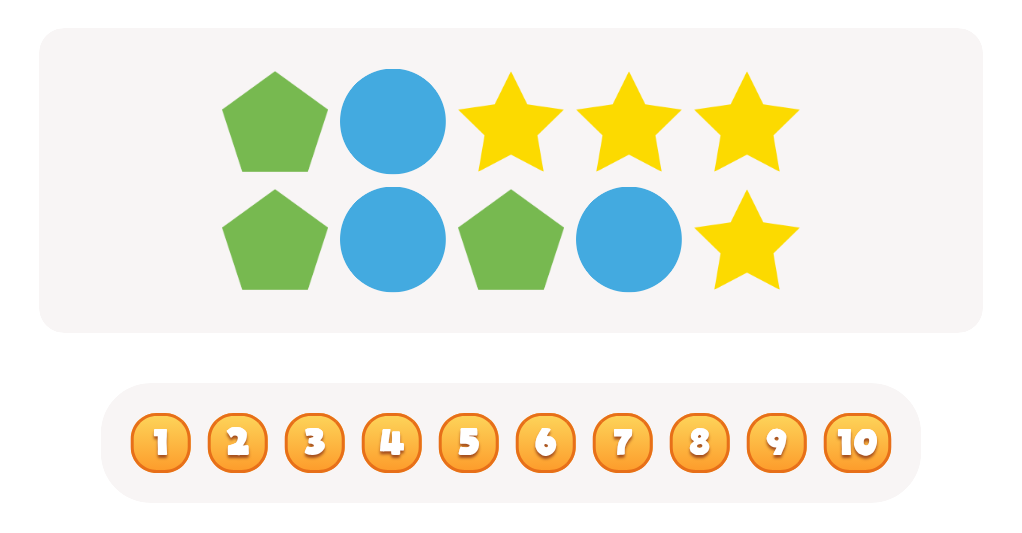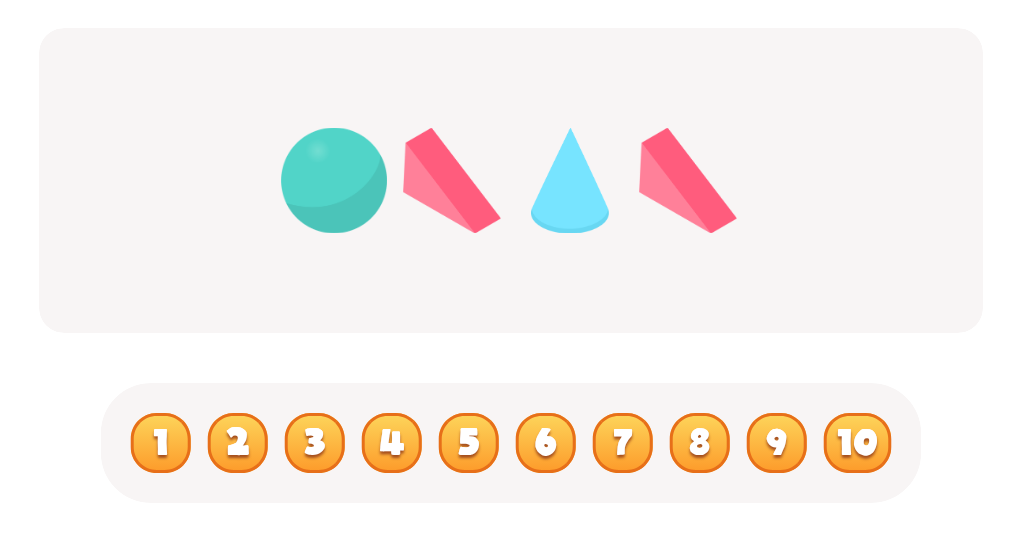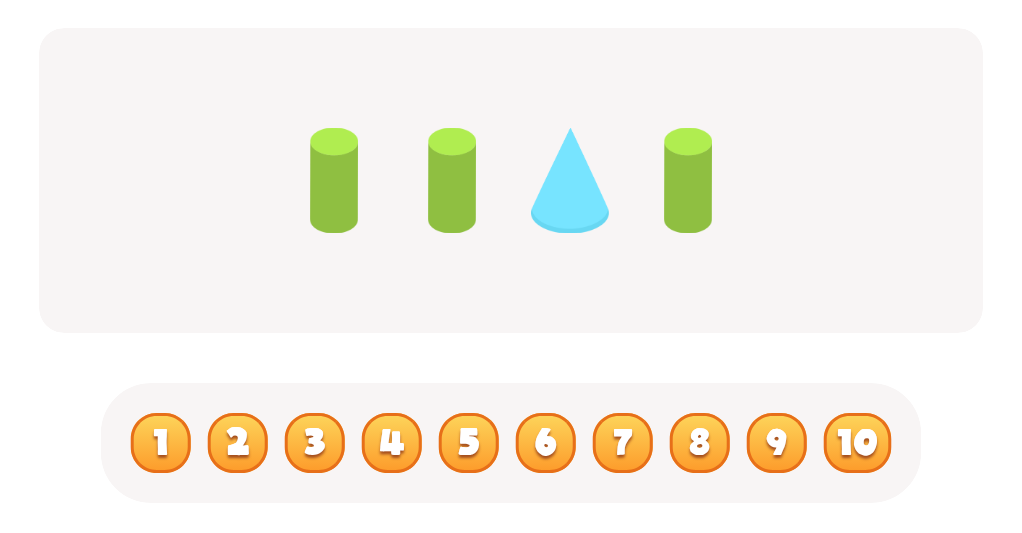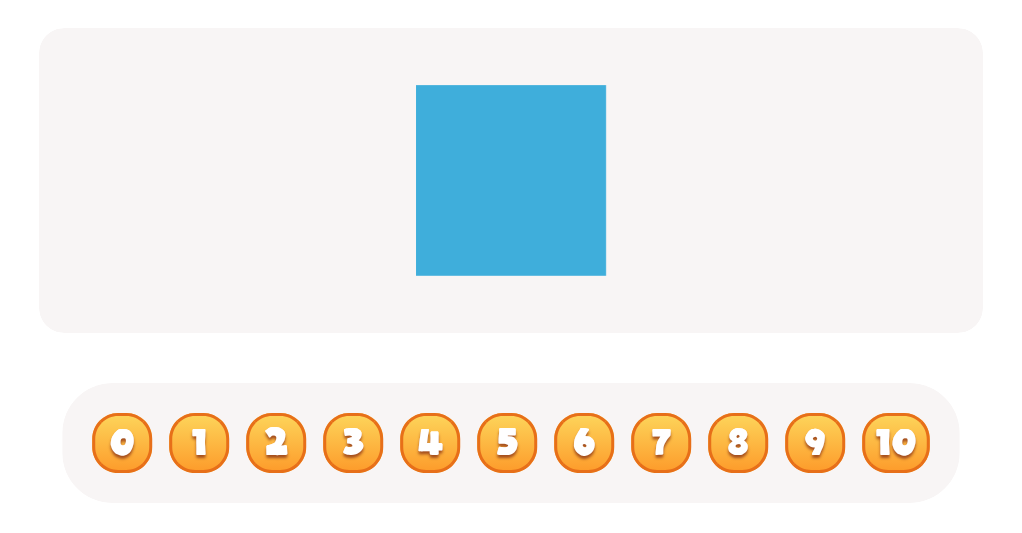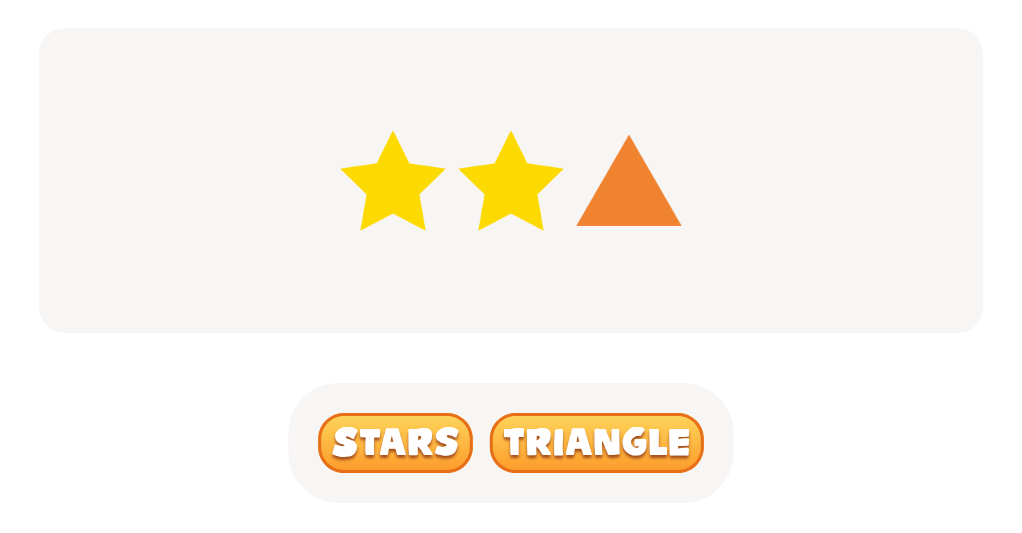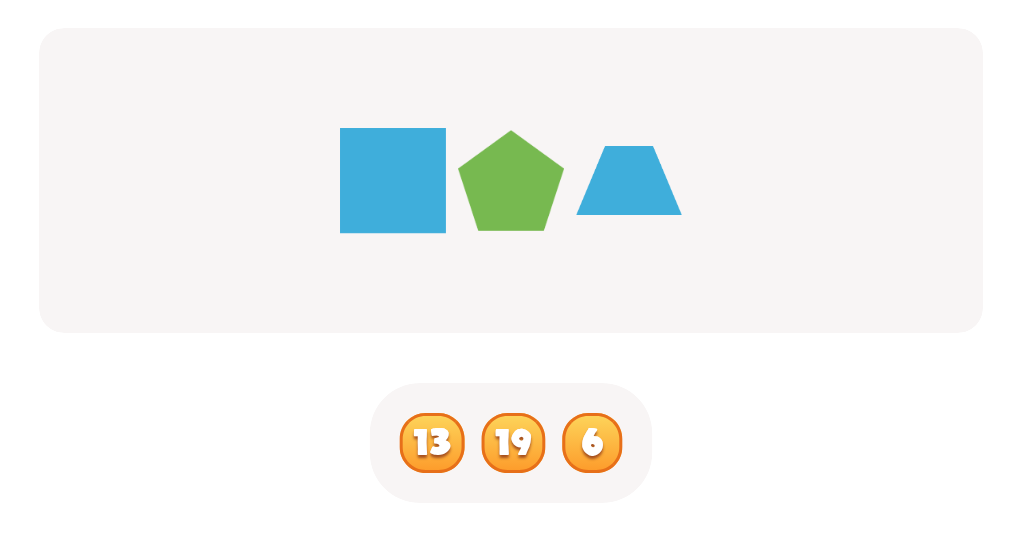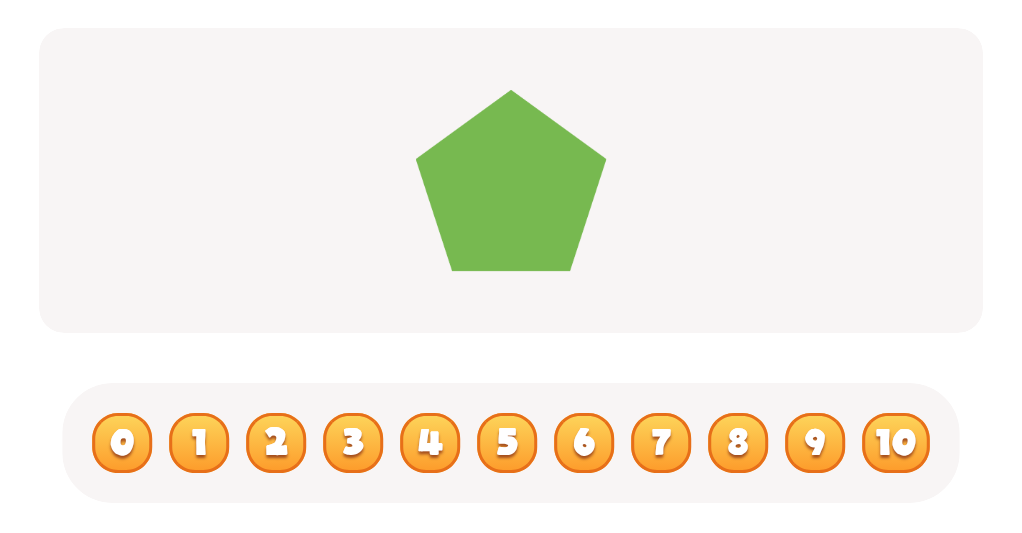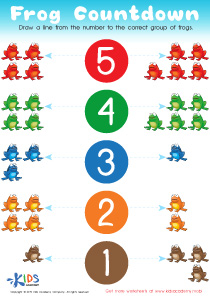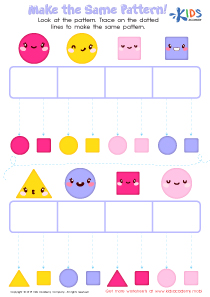Problem-Solving Skills Normal Preschool Geometry Worksheets
4 filtered results
-
From - To
Unlock your child's potential with our "Problem-Solving Skills Normal Preschool Geometry Worksheets"! Designed for preschoolers, these engaging worksheets introduce basic geometry concepts through fun and interactive activities. Your child will develop critical problem-solving skills while learning about shapes, patterns, and spatial awareness. Each worksheet is crafted to provide a blend of education and enjoyment, ensuring that young learners build a strong mathematical foundation. Perfect for home or classroom use, they are an excellent resource for parents and teachers seeking to foster early cognitive and analytical abilities in preschoolers. Start their geometry journey today!


Make the Same Pattern Worksheet
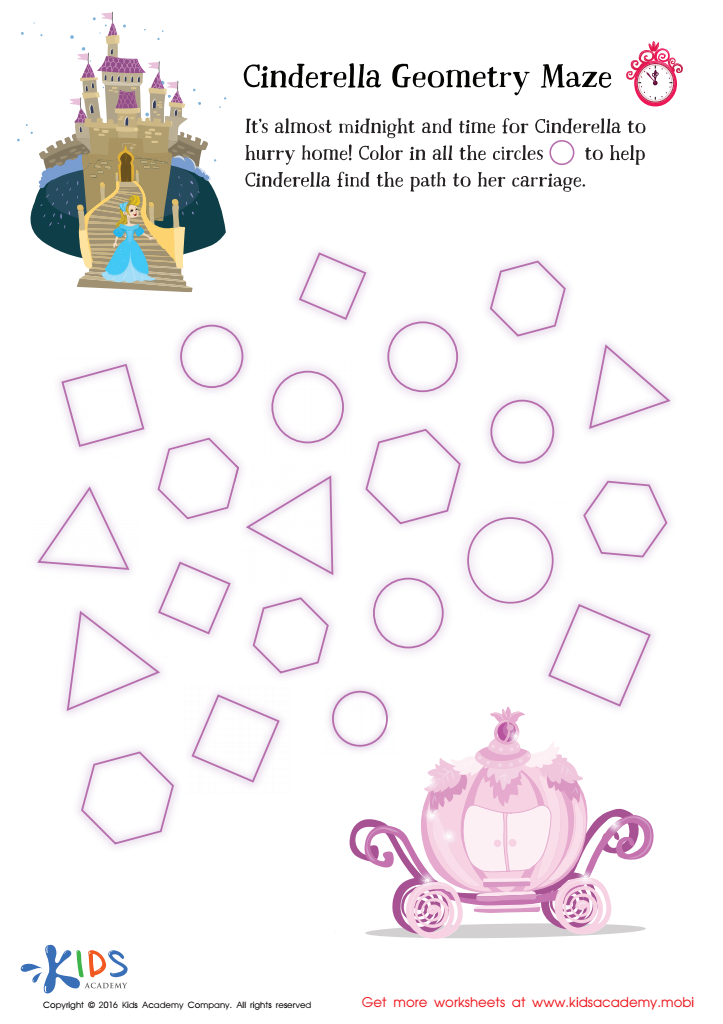

Cinderella Geometry Maze Worksheet
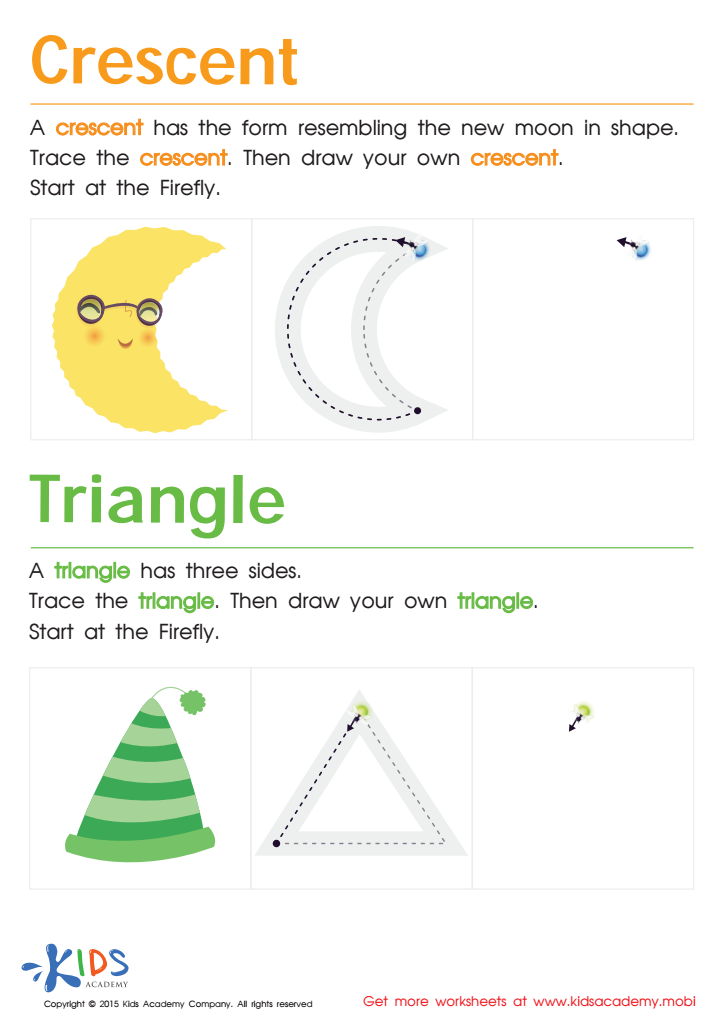

Learning to Draw Crescents And Triangles Worksheet
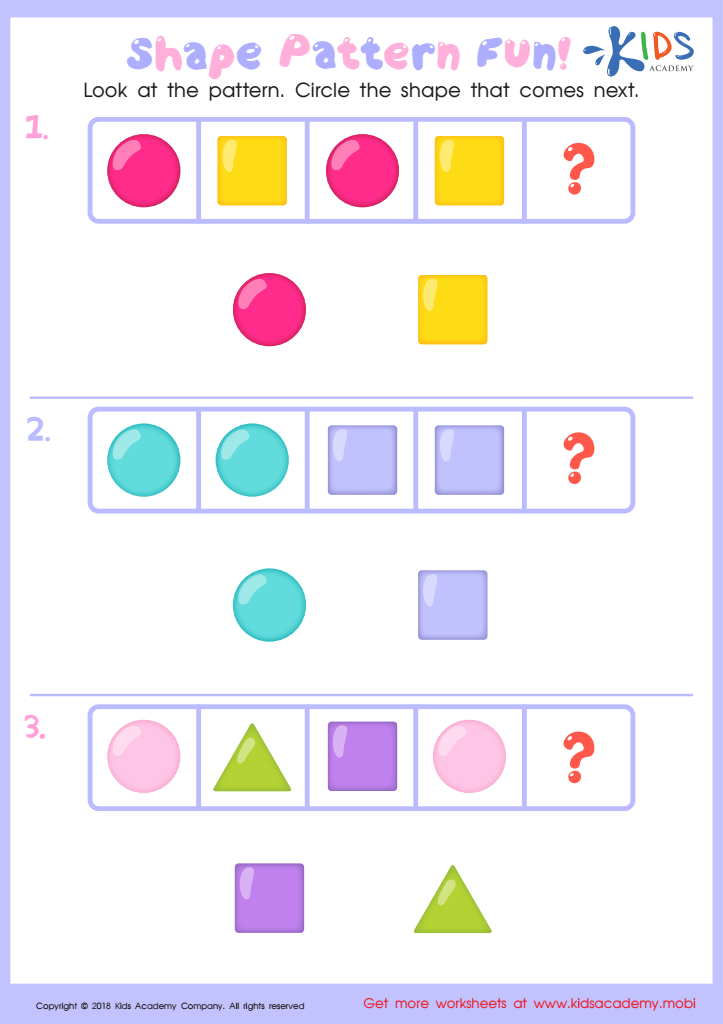

Shape Pattern Fun Worksheet
Problem-solving skills in the context of normal preschool geometry are foundational for children's overall cognitive development and should be a central focus for both parents and teachers. Engaging young learners with basic geometry helps them understand and navigate the physical world around them, which aids in spatial awareness—a crucial component of cognitive development.
By introducing simple geometric concepts, such as recognizing shapes, sorting objects by size or color, and exploring patterns, children start to develop critical thinking and reasoning skills. These problem-solving abilities extend beyond geometry; they promote logical thinking and a systematic approach to challenges, which are essential skills for academic and life success.
Practicing problem-solving in geometry also builds perseverance and resilience. When children encounter a challenging puzzle or a tricky shape-sorting game, they learn the value of patience and persistence as they work towards a solution. Furthermore, collaborative problem-solving activities strengthen social skills, including communication, teamwork, and empathy.
For parents and teachers, nurturing these skills offers a head start in math-related subjects and fosters a love for learning. It sets the groundwork for future educational endeavors and cultivates a generation of thinkers and innovators. The earlier these skills are honed, the better prepared children are for the complexities of future learning and real-world problem-solving.
 Assign to My Students
Assign to My Students
